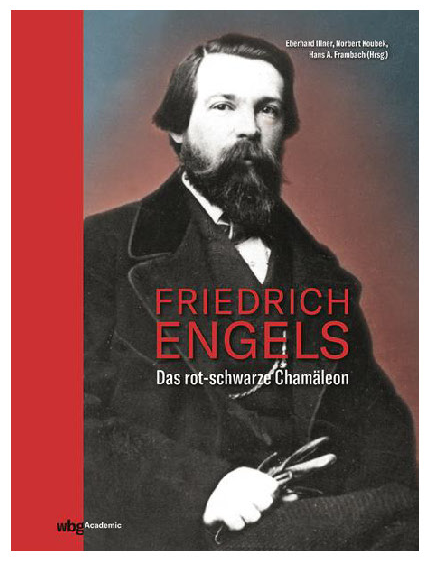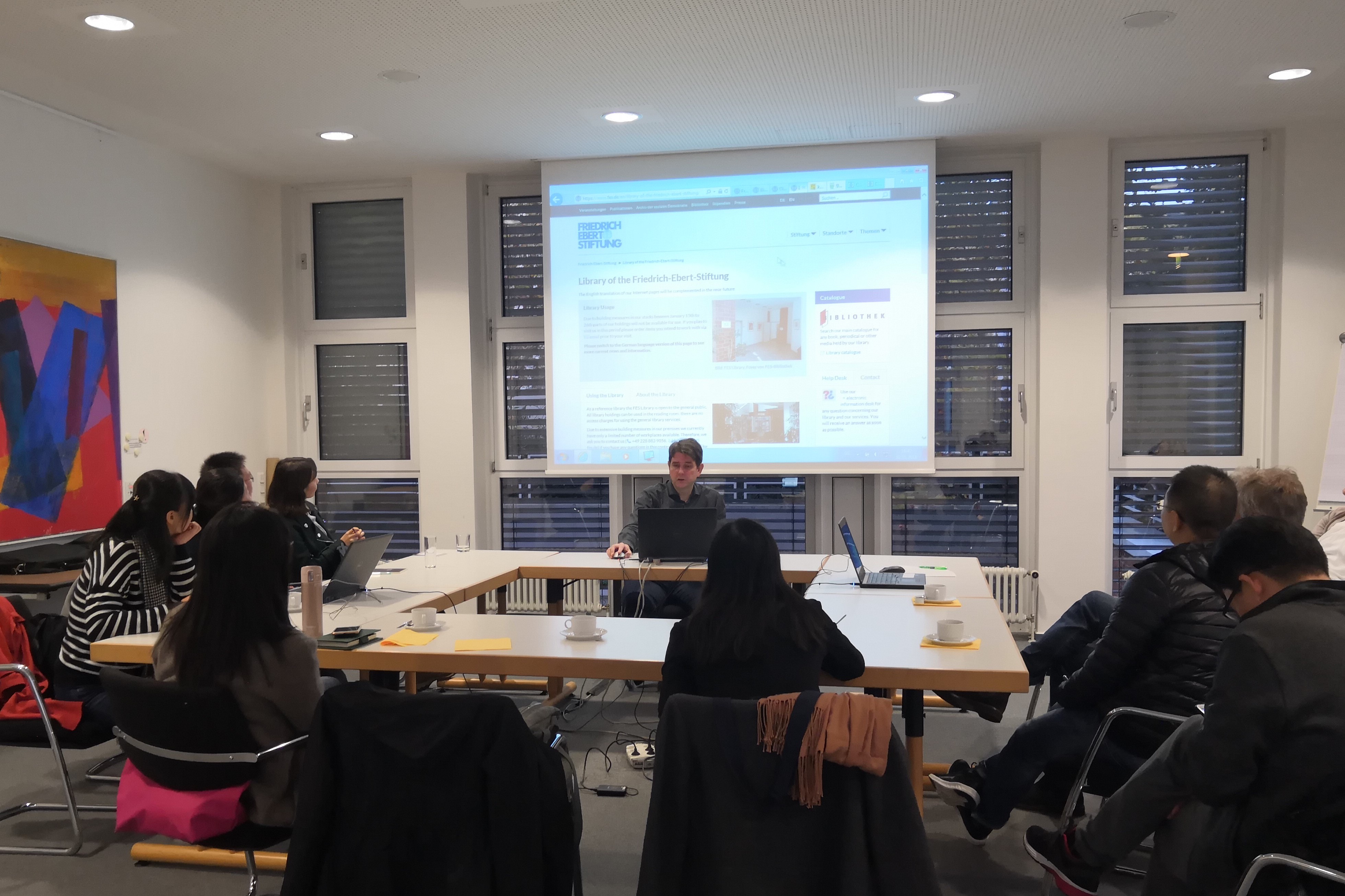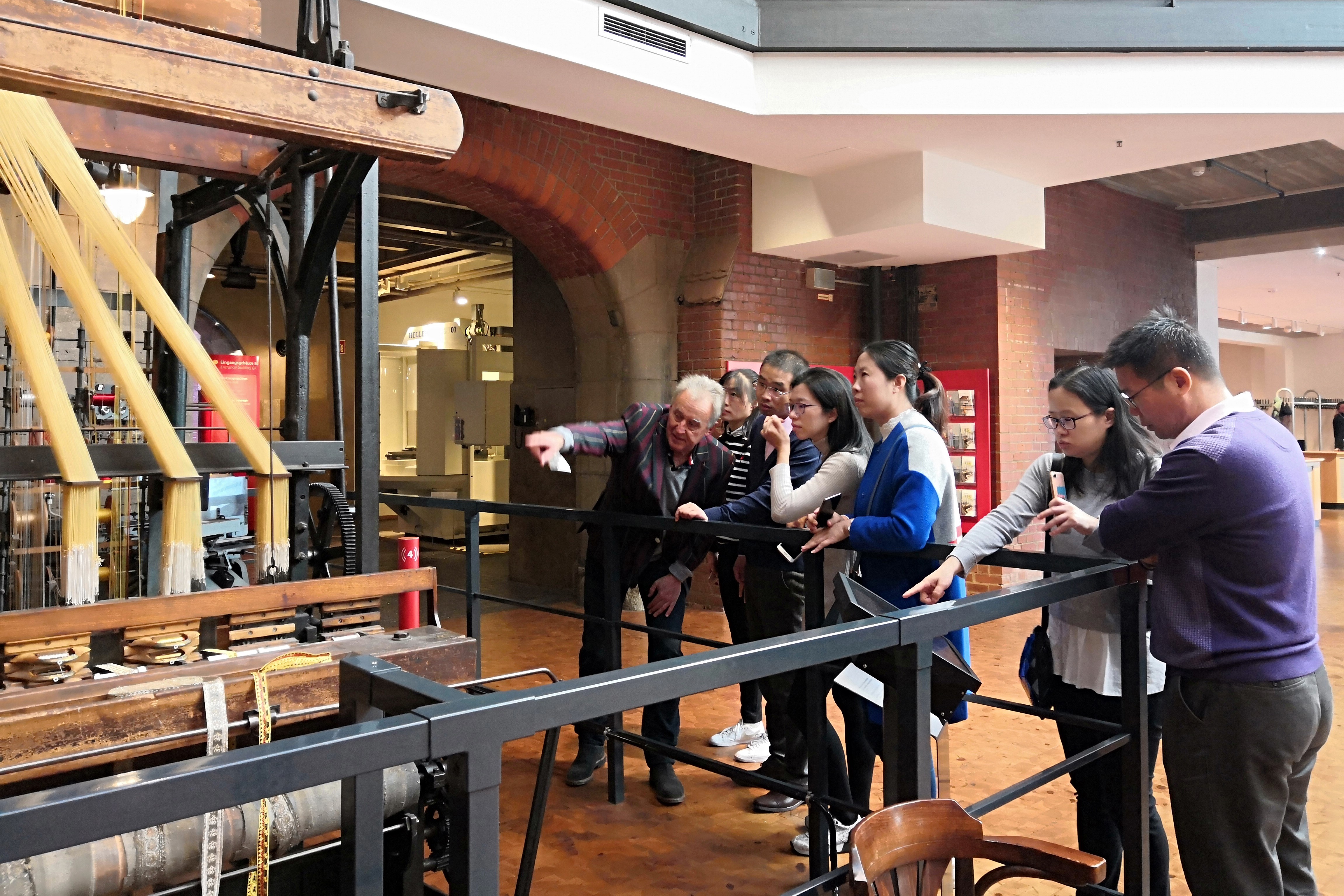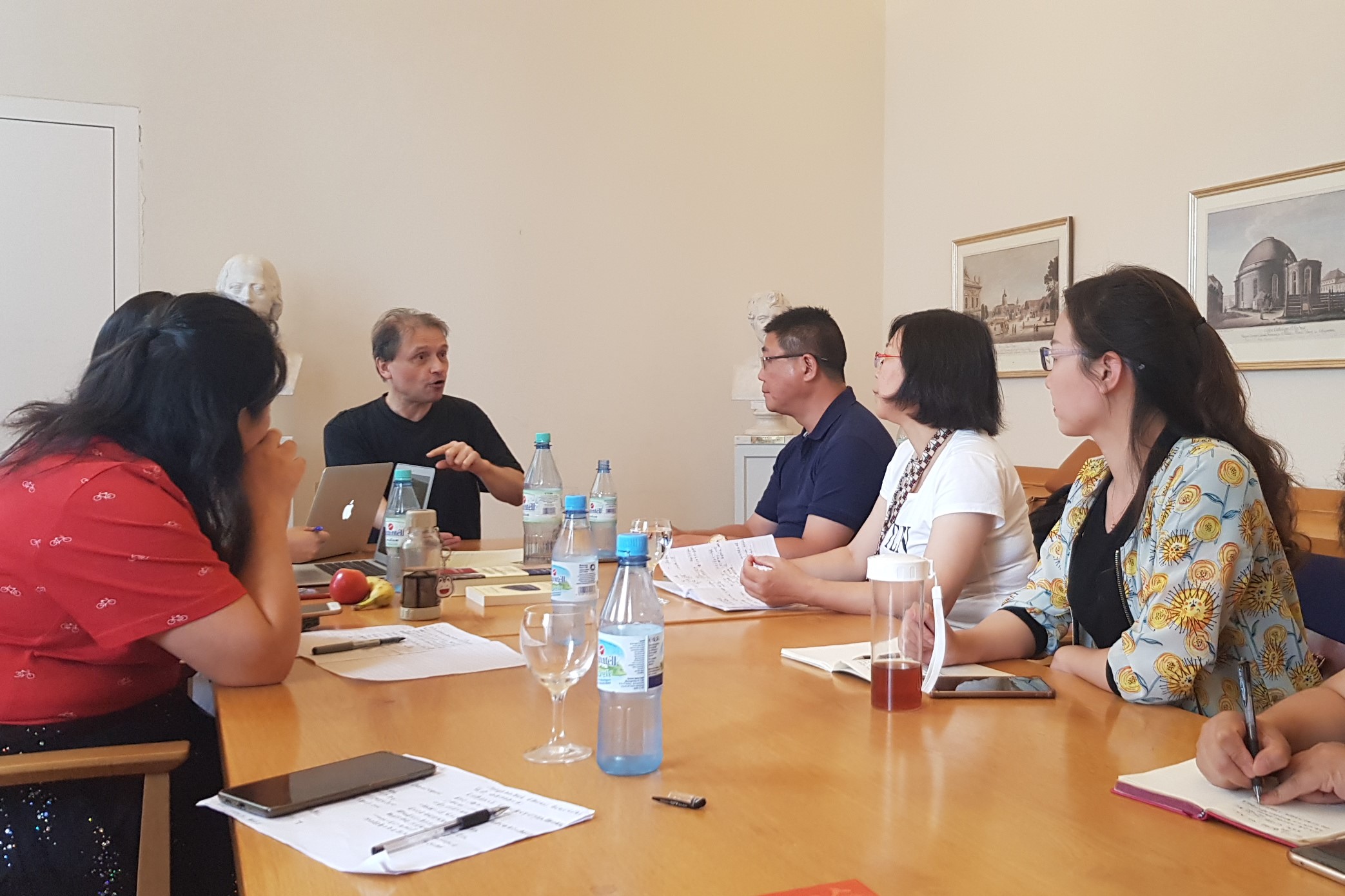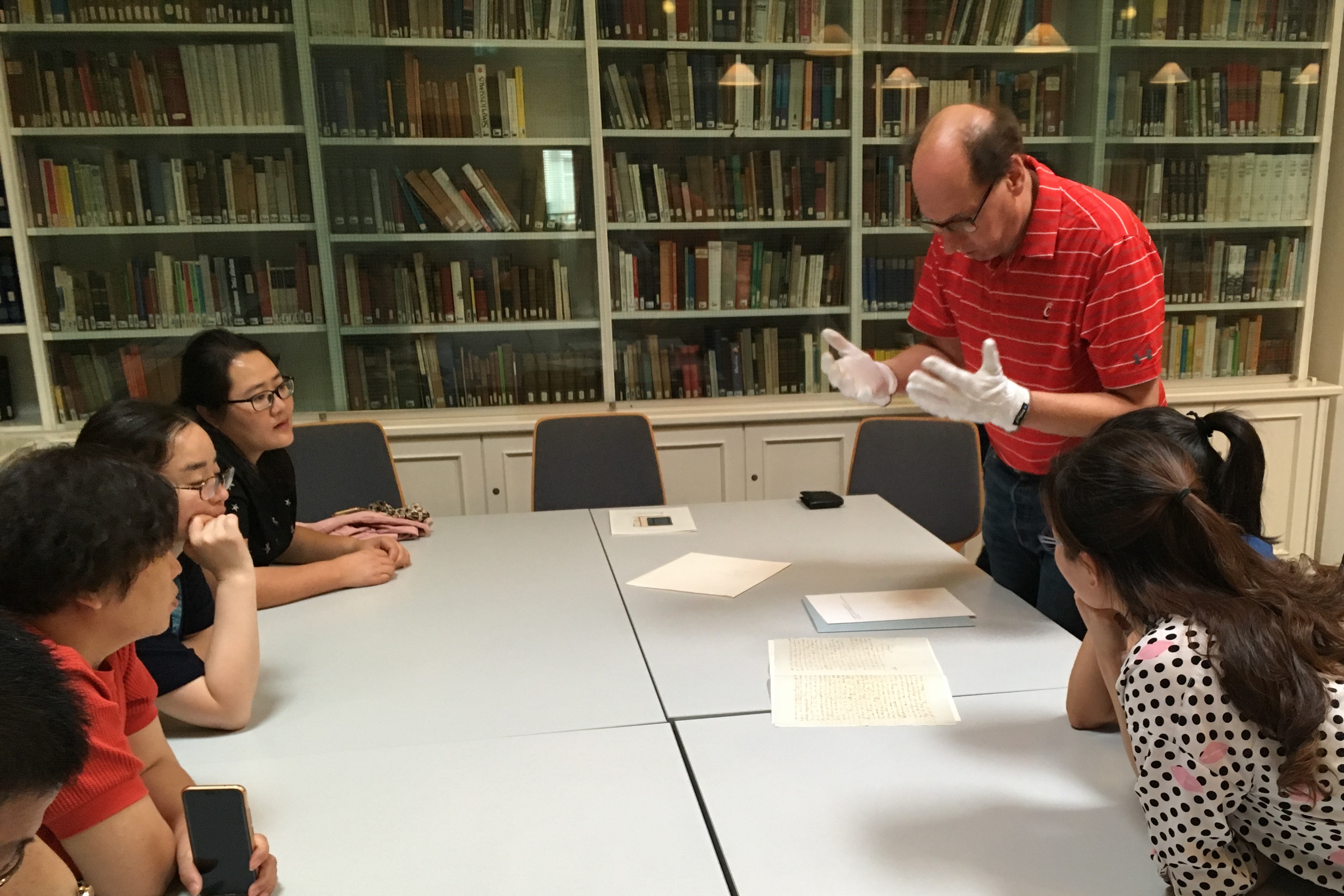The Young Engels in 1839
Prof. Dr. Michael HEINRICH, Berlin
Abstract
Friedrich Engels came from a pietistic, politically conservative bourgeois family. Nevertheless, already in 1845, at the age of 25, he was a revolutionary communist. For his early intellectual development, the year 1839 was extremely important. From mid-1838 to early 1841 he was in Bremen as an apprentice in a trading company.
In Bremen, he changed considerably his religious beliefs, his political opinions and his literary evaluations. In this complex but coherent process, he didn’t reach his communist convictions yet, but it was an important preparatory step for his later development. Surprisingly there was not a certain person or a discussion circle, that influenced young Engels. In this period, his private reading and his perception of social and political reality was the motor of his intellectual development. Furthermore, the 18-year-old Engels started an impressive career as a journalist (using the pseudonym Friedrich Oswald), writing for important German journals and newspapers.
I will describe his development on the combined fields of religion/philosophy (Hegelian philosophy as an exit for Engels’ problems to belief) on the one hand and literature/politics (literature as a medium of political articulation and education) on the other hand. It will become clear that young Engels’ learning process in 1839 prepared him in a very special way for his time in Berlin 1841/42, where he became quickly active in Young-Hegelian circles before he moved to Manchester.

